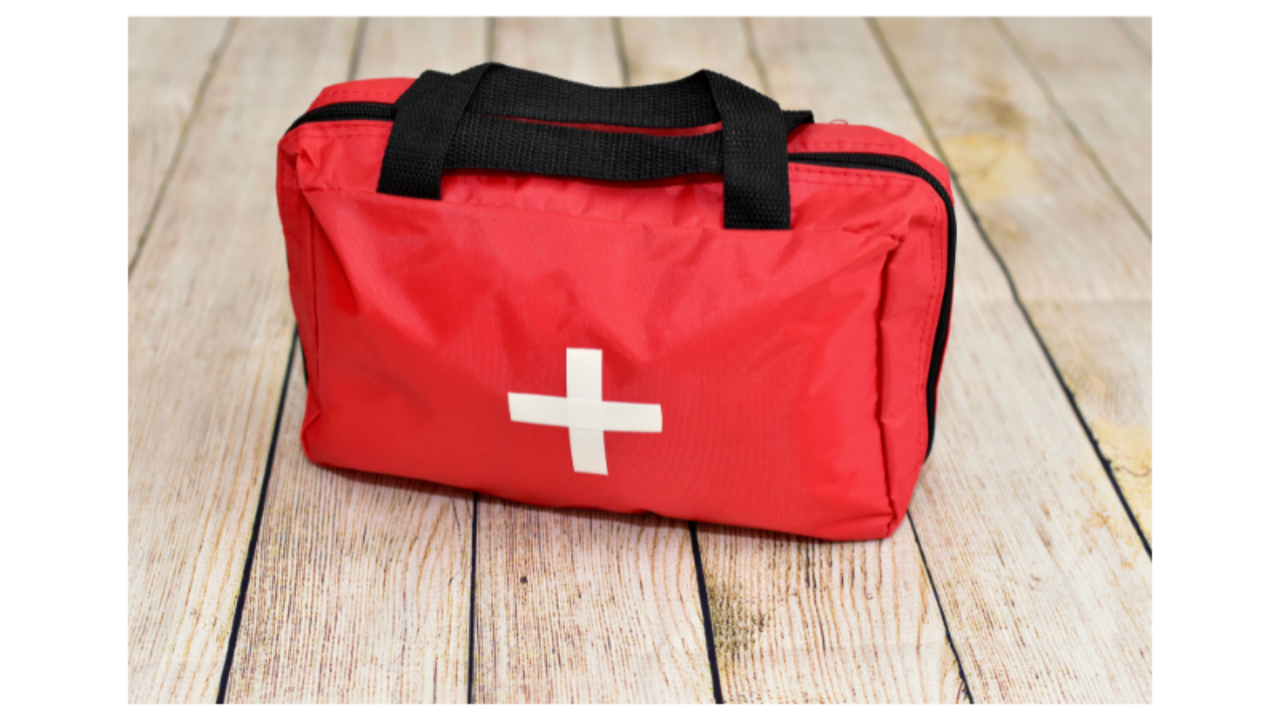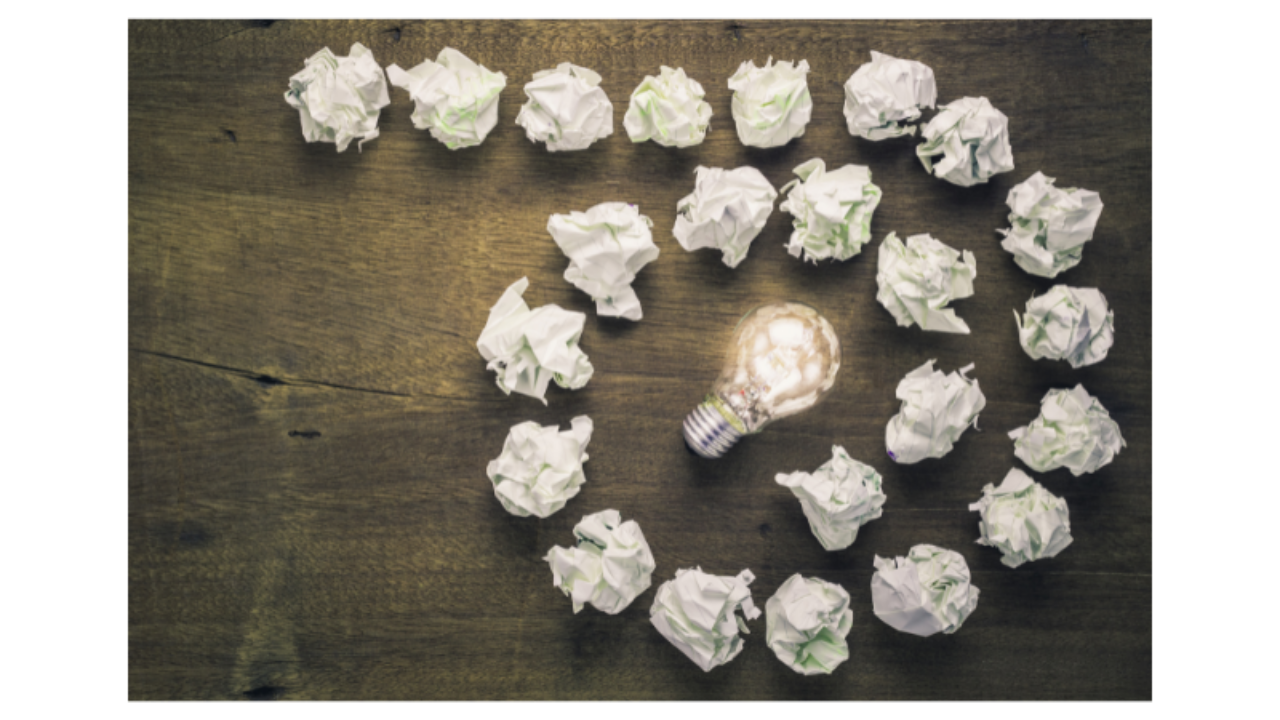Homeopathy Tips Newsletter
Homeopathy, Mental Health and Spirituality with Robert Field - Interview Part 3

Robert Field - The Spiritual Vital Force - Interview Part 2

The Two Most Important Words in Homeopathy

There are many challenges for the practitioner of homeopathy. Probably the greatest is understanding what is asking to be healed for the client. One way to never lose your way in case receiving is to ask the questions, “What and Why?”
When a person is giving their case, it is the homeopath’s job to figure out what is asking to be healed. The best way to never lose your way is to ask very simple questions. The most common question I ask is "what." Please tell me what that felt like, or what circumstances this person's story was taking place in. This opens the door for further dialogue and better descriptions of how they feel.
Without understanding the story, the homeopath has nothing to base the case on. It is one thing to know a few symptoms and quite another to have those symptoms make sense in the context of the person's life. Asking what a person means is more than just getting clarification. It is giving them the chance to bring their story and symptoms into a word stream that wi...
How to Approach Your Homeopathic Education

Hands-On Learning From Your Home With Resonance School of Homeopathy

Imagine learning to become a Homeopath with live cases, follow-ups, hands-on clinical experience from Day 1, and a Mentor to guide the entire process, all from your own home. This is what we offer at Resonance School of Homeopathy.
The job of the Homeopath is to accurately perceive what is asking to be healed and to apply good homeopathic principles and the correct homeopathic remedy to inspire the healing response. Thus, understanding what is asking to be healed is the most important aspect of case-taking and will be the most important skill to hone on your journey to becoming a great Homeopath. You will never find the right remedy if you do not know what is asking to be healed. You will learn all this through enriching experiences by participating in live cases and follow-ups from Day 1. This cannot be learned from books; only first-hand participation can offer this to the passionate student because there is no substitute for experience.
At Resonance School of Homeopathy, we empha...
Does the Vital Force Ever Make Mistakes?

When we fall ill, it is often believed that we have caught something or have been the unfortunate recipient of bad luck. This would indicate that maybe the vital force has made a mistake, that, somehow, it has gone against us. From a limited perspective, this may seem true. But if we look closer, it may be that the vital force is doing just what it should be doing: preserving life.
That may sound a bit over the top. How can a life-threatening illness be saving our lives at the same time? We need to understand why we get sick. The way we get sick is never by accident and is ALWAYS the best solution to a mental or emotional conflict. When we understand a person's story and how they have seen their world, then the story and illness will make sense.
Hahnemann understood this when he wrote in Aphorism 9 that "the vital force rules with unbounded sway". Those are pretty strong words to describe the vital force's strength. Unbounded sway. Unbounded indicates there are no bounds or limits to...
Why Become a Homeopath?

Emergency Medicine and Homeopathy

Homeopaths are healthcare providers that will be needed in an emergency. Homeopathy can help more than any other modality aside from physical intervention. Yet many homeopaths are not physicians or Emergency Room doctors. In a full-scale emergency, services and social order break down and we are left to fend for ourselves. Are you prepared to take care of yourself, your family, friends, and clients in this event?
What if there were no hospitals to rely on? What if you were left to take care of someone and didn't have the skills to perform minor surgery? What if major surgery were needed to save a life? What would you do?
If I were presented with the responsibility I would do my best to save a life, even if I did not have the training but I knew something must be done. Obviously, I would seek medical care from qualified individuals but if this just were not possible, I would do the best with what I have. At the point when it is obvious that someone will die if intervention is not take...
Bad vs Wrong Prescriptions in Homeopathy

No homeopath always gives the correct prescription the first time. Some homeopaths feel that a wrong prescription is also a bad prescription. I disagree. I feel there is a distinct difference between a bad prescription and a wrong prescription. This is all up to the homeopath doing the prescribing.
I often tell my students that they can not do homeopathy wrong if they are following some good guidelines for the practice of homeopathy. But even with good guidelines, there is a point where the homeopath must make a decision about the remedy and what to do. This is often made to be too complicated on the part of the homeopath. Homeopathy can be simple but this all depends on the homeopath's state of mind, knowledge, and intention.
A bad prescription is one that is made without certainty. The most common pitfall for new homeopaths is a lack of knowledge and the feeling they need to do something with the client. Unless it is an emergency that requires quick action, any undue stress on the ...


